Exploring the Benefits of Using Recycled Plastic Bags for a Sustainable Future
The escalating environmental crisis calls for innovative solutions that can mitigate waste and promote sustainability. Among the myriad strategies available, the adoption of recycled plastic bags stands out as a practical approach to fostering a greener future. According to a study by the Ellen MacArthur Foundation, transitioning to a circular economy could generate $4.5 trillion in economic benefits and significantly reduce greenhouse gas emissions. The use of recycled plastic bags not only minimizes the demand for virgin plastic—a primary driver of pollution—but also contributes to a decrease in landfill waste, where plastic takes over 400 years to decompose.
Recent reports indicate that approximately 300 million tons of plastic are produced annually, with a significant proportion ending up in oceans and landscapes, harming marine life and ecosystems. Utilizing recycled plastic bags can play a vital role in this context. As per data from the Global Recycling Foundation, increasing the use of recycled materials can lead to an estimated 1.17 billion metric tons of CO2 emission reductions annually. This shift not only aids in conserving natural resources but also promotes a more sustainable lifestyle among consumers. In light of these compelling benefits, exploring recycled plastic bags presents a promising pathway toward reducing our environmental footprint and advocating for a more sustainable society.
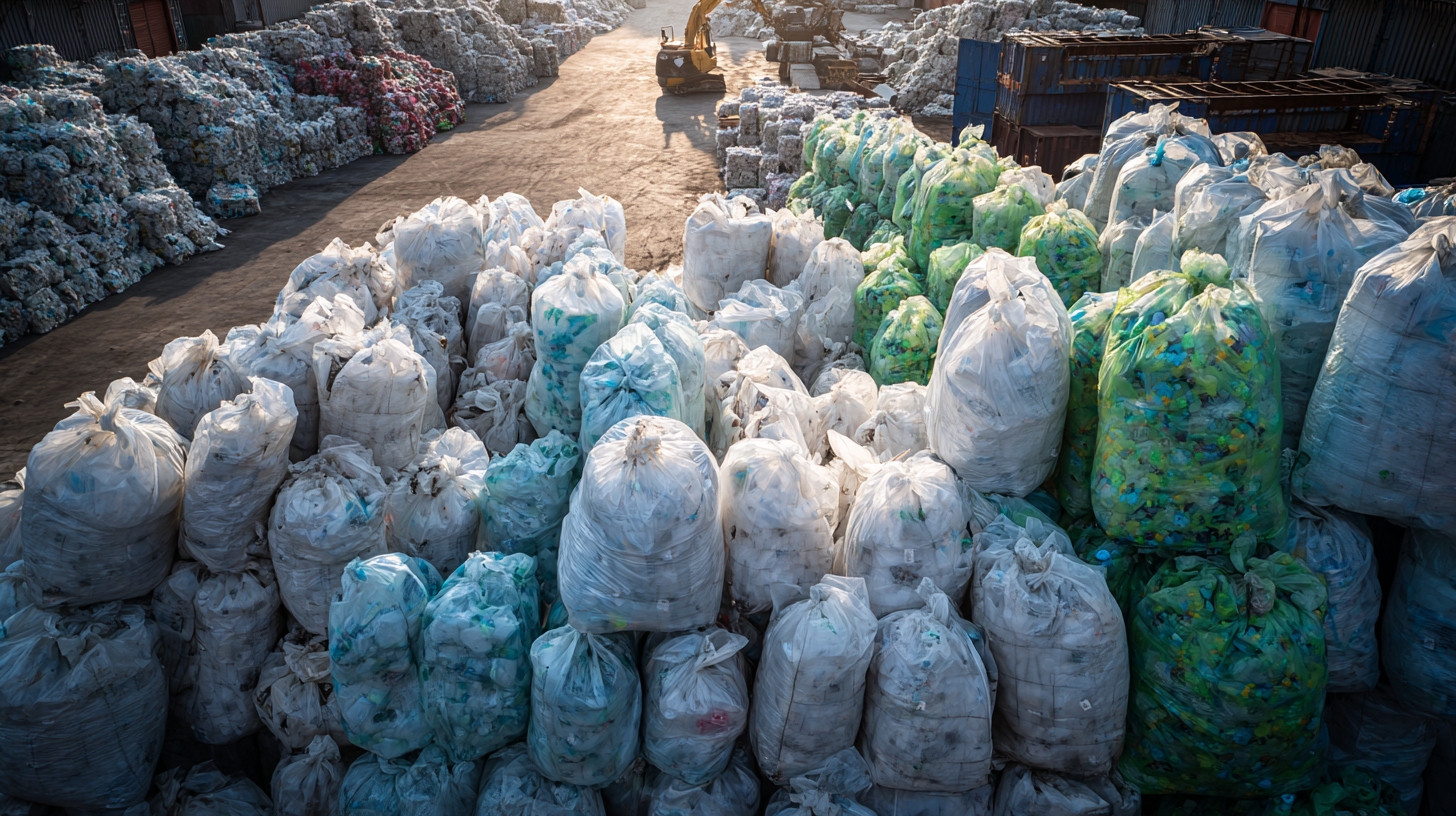
Understanding the Environmental Impact of Plastic Waste on Our Planet
The environmental impact of plastic waste is a pressing concern that affects ecosystems worldwide. Every year, millions of tons of plastic end up in landfills and oceans, contributing to pollution and harming wildlife. Marine animals, in particular, frequently ingest plastic debris, mistaking it for food, which can lead to injury or death. The degradation process of plastic is incredibly slow, taking hundreds of years to break down, which means that once it enters the environment, it continues to pose a threat for generations.
Recycled plastic bags offer a practical solution to mitigate these adverse effects. By reusing and recycling plastics, we can significantly reduce the volume of new plastic waste produced. These bags can not only lower the demand for virgin plastic but also decrease energy consumption and greenhouse gas emissions associated with plastic manufacturing. Additionally, fostering a culture that embraces recycled materials empowers consumers to actively participate in sustainability efforts, promoting a circular economy where materials are continuously repurposed rather than discarded. This shift is essential for reducing plastic pollution and protecting our planet’s health.
Environmental Impact of Plastic Waste vs. Benefits of Recycled Plastic Bags
This chart represents the annual environmental impact of plastic waste compared to the usage of recycled plastic bags. The plastic waste amounts to approximately 300 million tons per year, while the contribution from recycled plastic bags is around 25 million tons, highlighting the significant potential of recycling in reducing plastic pollution.
Key Benefits of Using Recycled Plastic Bags for Everyday Shopping
The increasing demand for sustainable practices has led to the rise of recycled plastic bags as a viable option for everyday shopping. One significant benefit of using these bags is their ability to reduce plastic waste. According to a report by the Environmental Protection Agency, approximately 9.1 billion tons of plastic have been generated globally, with only 9% being recycled. By opting for recycled plastic bags, consumers can play a crucial role in minimizing this waste, as using them helps divert plastic from landfills and oceans.
Moreover, recycled plastic bags are often more durable and can hold more weight than traditional plastic bags. A study from the British Plastic Federation highlights that recycled materials can significantly enhance the strength and resilience of plastic products. This not only improves the shopping experience but also promotes repeated use, thereby reducing the need for single-use bags. Furthermore, when consumers choose bags made from recycled plastics, they are supporting a circular economy, which fosters innovation and job creation in the recycling industry, ultimately contributing to a more sustainable future.

Tips for Choosing High-Quality Recycled Plastic Bags
The increase in plastic waste poses a significant challenge to our environment, necessitating a shift towards sustainable materials like recycled plastic bags. A notable report from the Ministry of Ecology and Environment of China highlights that the implementation of the "plastic limit order" since 2008 has effectively reduced the consumption of plastic shopping bags. However, the rapid growth of e-commerce and delivery services has led to a new wave of plastic waste. The packaging for express deliveries often comprises a large portion of this waste, indicating an urgent need for adopting recycled plastic solutions.
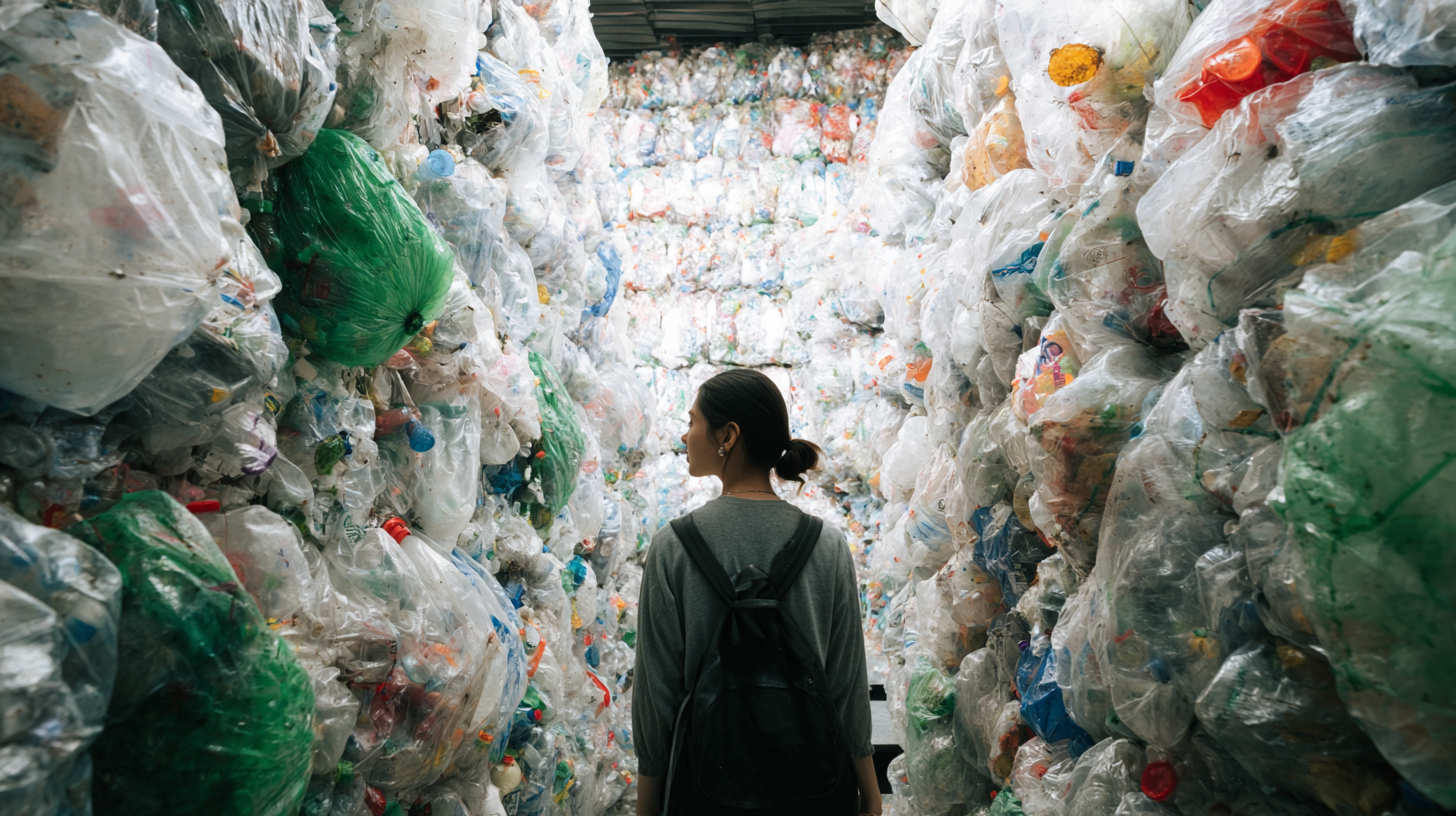
When selecting high-quality recycled plastic bags, it is essential to consider the material's sourcing and manufacturing standards. According to the latest findings from the American National Academy of Sciences, bottled water can contain an average of about 240,000 detectable plastic micro-particles per liter. This alarming statistic underscores the necessity for better packaging options that minimize microplastic contamination. Opting for bags made from post-consumer recycled plastics not only diverts waste from landfills but also reduces the reliance on virgin materials, promoting a circular economy model where products cycle through use, recycling, and regeneration.
The push for enhanced recycling infrastructures, as demonstrated by new initiatives in cities like Changsha that are introducing recovery bins for packaging waste, signifies a promising direction for sustainable practices in the consumer goods sector.
Innovative Ways to Reuse and Repurpose Recycled Plastic Bags
Recycled plastic bags present a unique opportunity for innovative reuse and repurposing, paving the way for a sustainable future. One creative approach is transforming these bags into durable shopping totes or eco-friendly storage solutions. By simplifying the design process, individuals or businesses can harness the potential of recycled materials to produce functional items, reducing waste while promoting a sustainable lifestyle. Workshops and DIY initiatives have gained traction, allowing communities to engage in hands-on activities that foster environmental awareness and creativity.
Furthermore, businesses are beginning to realize the value of adopting systems that focus on upcycling rather than merely recycling. Upcycling encourages the transformation of waste into new products of higher quality or value, embracing a philosophy that celebrates resourcefulness. For instance, some retailers are experimenting with take-back programs for plastic bags, turning them into new merchandise or even art installations that educate the public on the importance of waste reduction. These initiatives not only minimize plastic waste but also inspire a culture of sustainability, where every piece of material can find a new life and purpose in our everyday lives.
Exploring the Benefits of Using Recycled Plastic Bags for a Sustainable Future
| Benefit | Description | Innovative Ways to Reuse | Environmental Impact |
|---|---|---|---|
| Waste Reduction | Recycled plastic bags help to reduce the volume of waste sent to landfills. | Use them for storage or as trash liners. | Decreases landfill mass and pollution. |
| Resource Conservation | Recycling conserves raw materials needed for producing new bags. | Create reusable shopping totes from old bags. | Reduces the need for virgin plastic production. |
| Energy Savings | Recycling plastic uses less energy compared to producing new plastic. | Incorporate into art projects or community crafts. | Reduces overall carbon footprint. |
| Economic Benefits | Promotes recycling industry growth and job creation. | Sell or donate unused bags to local charities. | Encourages local economic development. |
Promoting Community Initiatives for Plastic Recycling and Sustainability
Community initiatives play a crucial role in promoting plastic recycling and sustainability. By engaging local residents in recycling programs, neighborhoods can foster a culture of environmental responsibility. Schools, community centers, and local businesses can collaborate to host workshops that educate individuals on the importance of recycling plastic bags and other materials. These events not only provide practical knowledge but also create a sense of community, encouraging participants to take actionable steps towards reducing plastic waste.
Furthermore, community-driven efforts can lead to innovative solutions that enhance recycling rates. For instance, organizing collection drives specifically for plastic bags can make it easier for residents to dispose of these items responsibly. By partnering with local recycling facilities, communities can ensure that collected plastic bags are processed correctly and repurposed into new products. This not only helps to decrease the amount of plastic waste in landfills but also supports the local economy by fostering green jobs in recycling and sustainability sectors. Such initiatives demonstrate that collective action at the community level can significantly contribute to a sustainable future, where recycled materials are valued and utilized effectively.
Related Posts
-
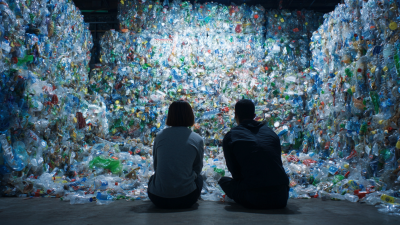
How to Achieve a Sustainable Future with Recycled Plastic Innovations
-

How to Transform Recycled Plastic Bottles into Sustainable Home Decor
-
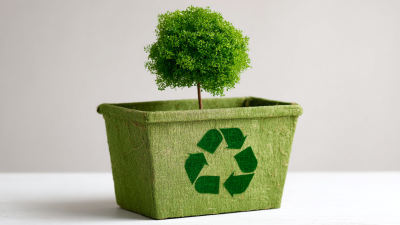
5 Incredible Tips to Effectively Recycle from Home for a Greener Planet
-
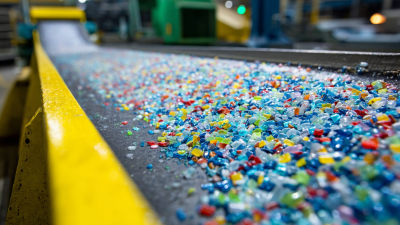
How to Transform Recycled Plastic Materials into Innovative Eco Friendly Products
-
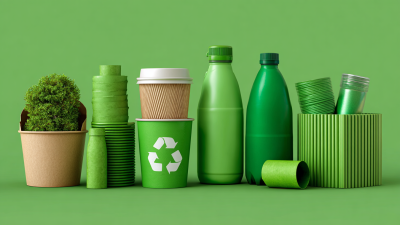
Understanding the Benefits of Green Recycling for a Sustainable Future
-
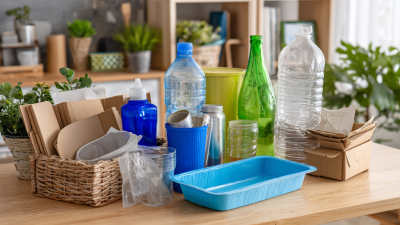
What is the Impact of Recycling from Home on Global Waste Reduction and Sustainability
